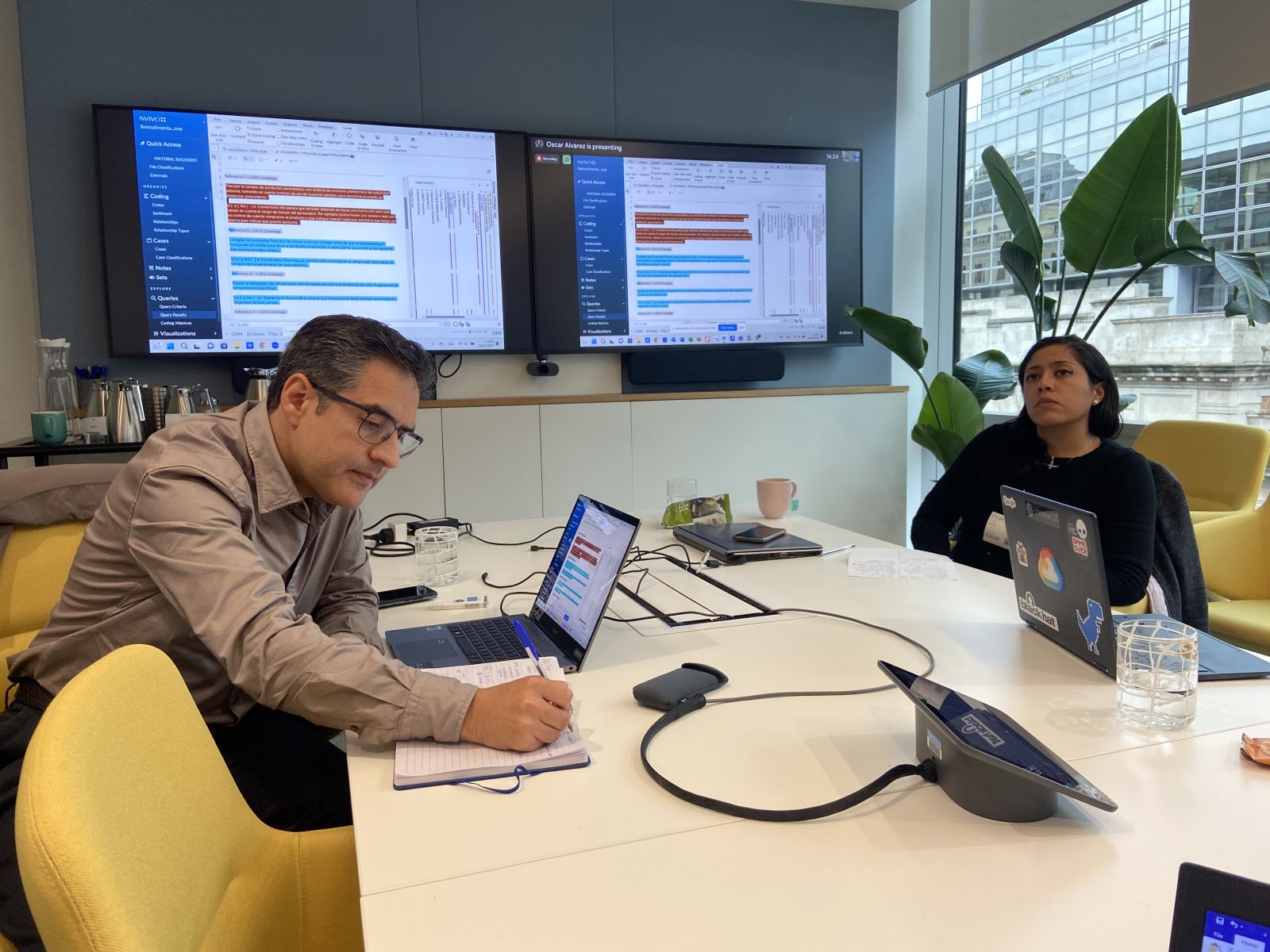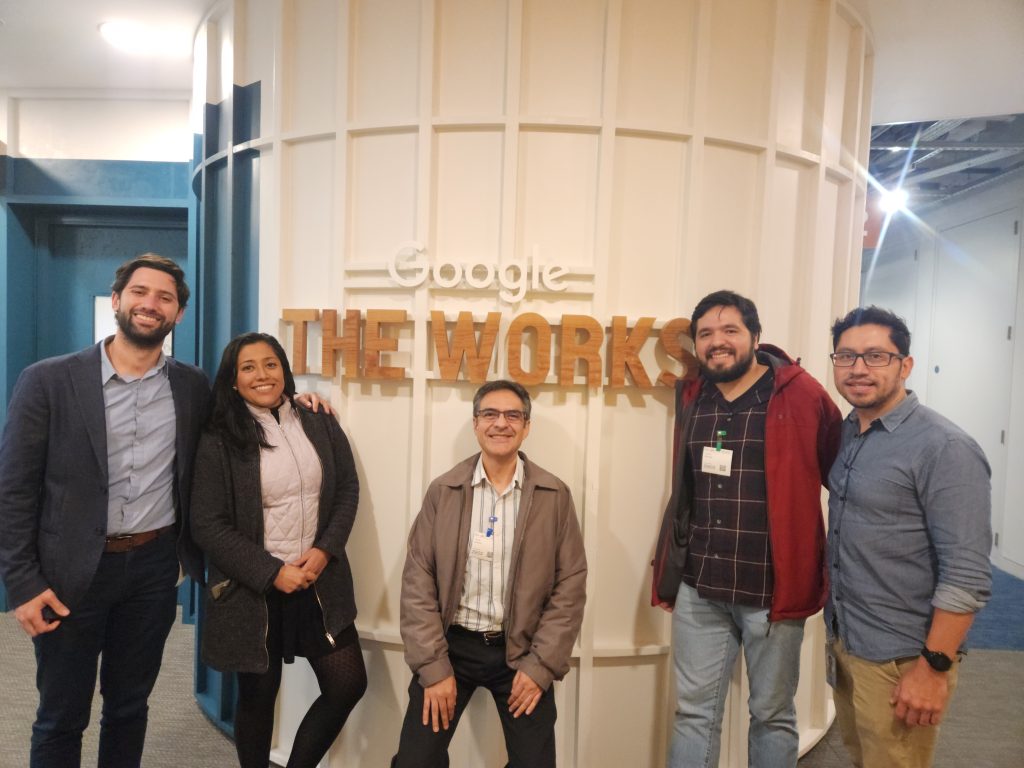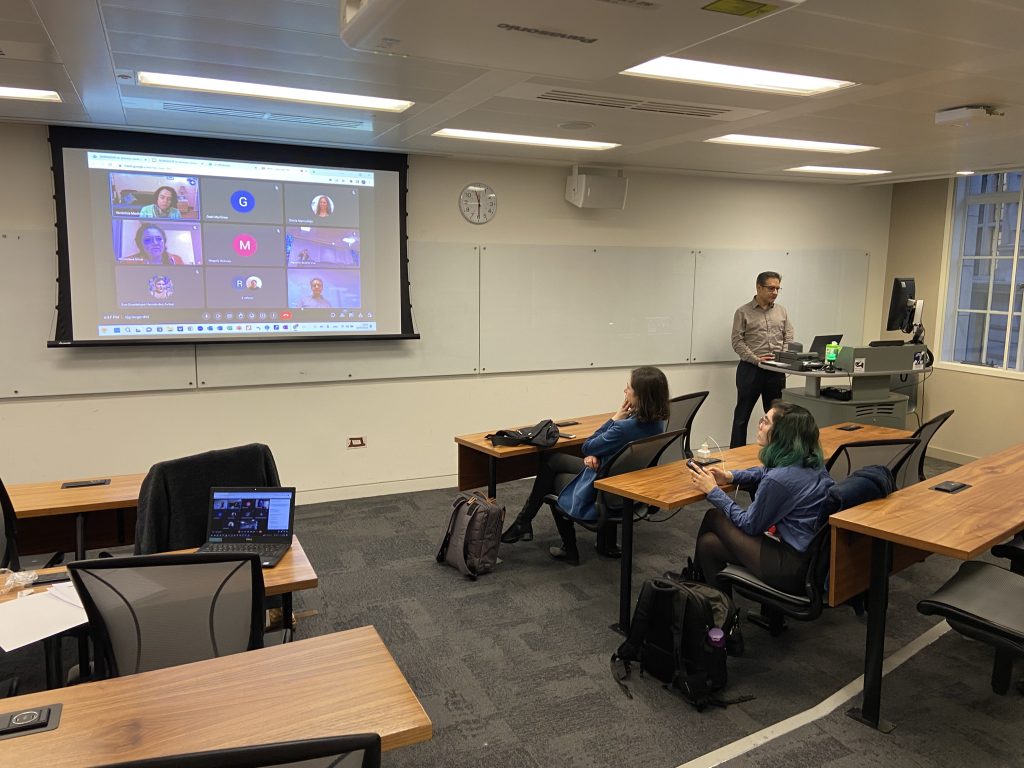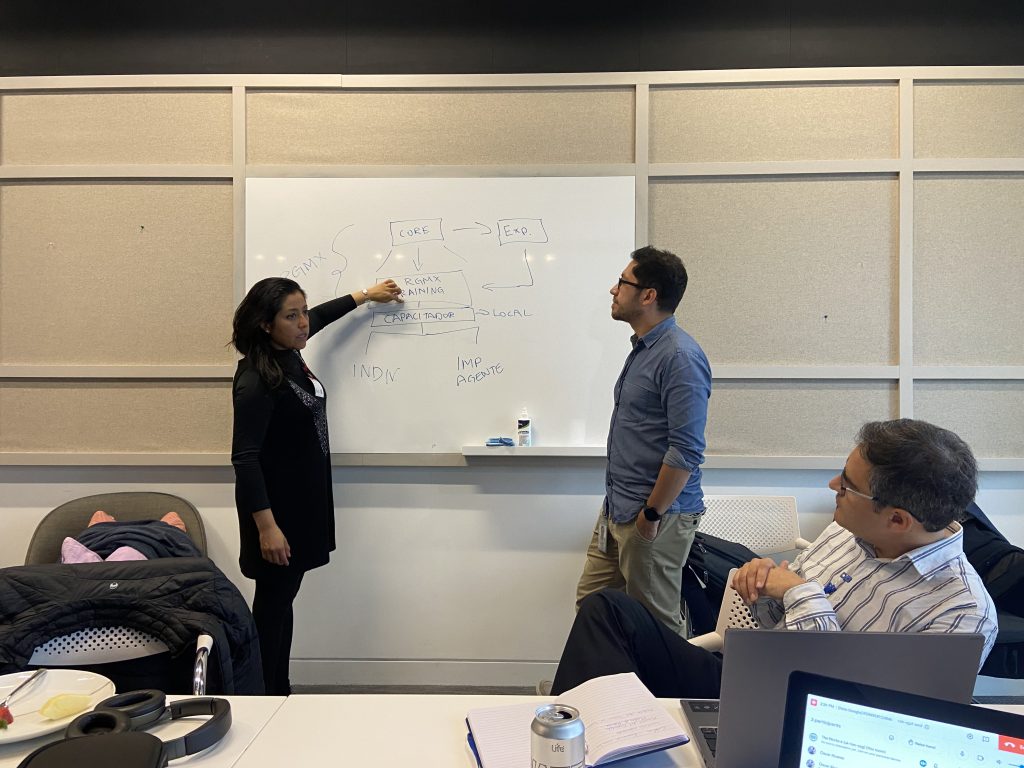
Our action with Mexican diaspora in Europe is bearing fruits with the creation of a climate action citizens’ toolkit. In this action insight, EUDiF’s Agustín shares behind the scenes details of the co-creation journey…
After months of intense work, our action with the UK chapter of Red Global Mx (RGMX-UK) “Transferring knowledge on climate change and circular economy from the Mexican diaspora” is delivering tangible results: the citizen toolkit for climate action for Mexico is ready.
The toolkit presents a set of 30 personal actions to promote habits in line with sustainability. These actions are divided in three main sections: reducing food waste, extending the life of commonly used objects, and facilitating the circular economy. By adopting these actions, Mexicans will not only incorporate sustainable practices into daily routines, but also becoming an integral part of a broader movement towards a healthier, cleaner, and more equitable world.
How did we get here?
The action has been a partnership between RGMX-UK, Mexican diaspora academics and EUDiF, working together to establish a knowledge exchange between the Mexican diaspora and their home country that can be used for a variety of topics. The first goal has been to craft a citizen climate action toolkit. To do so, we embarked on a co-creation journey marked by a series of feedback sessions with the Mexican academic diaspora. Each session was a testament to the innovation, dedication, and collective determination of the partners to tackle the urgent challenge of climate crisis.
Co-creation: Collaboration without boundaries
The journey of crafting the toolkit was a complex co-creation process, which could only go smoothly thanks to expert guidance and a collective eagerness for meaningful impact. At its core, the process aimed to fuse international insights, academic knowledge and practical wisdom to create a tangible resource for change. We did this through a multi-step process, with constant monitoring and feedback loops both on the action implementation as a whole, and on the specific elements of the toolkits under preparation.
To bring this co-creation approach to life, we ran online and in-person workshops to develop the core content of the toolkit, then gathered more granular feedback on the materials after the sessions. This combination of synchronous and asynchronous engagement allowed us to break down the barriers created by time difference and distance, so we could harness the knowledge in the diaspora and in Mexico, blending it all together like symphony.
When designing the action, we agreed with the partners to experiment with co-creation methodologies for the vast potential co-creation has, but the challenges presented by distributed contributors. This first co-creation journey is at its end and, with the toolkit now ready for action, I know choosing to co-create will be essential for its success. Collecting insights from varied perspectives and allowing people to contribute in their own time and manner has resulted in a toolkit that is tailored to be as useful as possible for Mexican civil society.
Toolkit co-creation step-by step:
- Agreeing objectives: Essential in any collaborative process, we first agreed the objectives of the toolkit (to support Mexicans to become “change agents” in climate action), defined its target audience, the roles and expectations of each contributor, and the intended structure and format of the toolkit.
- Crafting the early blueprint: RGMX-UK developed a first draft of the toolkit, thoroughly tailored to Mexico’s unique landscape and realities. This was fine-tuned with an emphasis on real-world applicability with support from sustainable education and circular economy expert Kristy Peña Muñoz.
- Engaging minds worldwide: A digital canvas was used to share the draft with the RGMX-UK Group of Interest in Academia (GIA), nodes, and other vital stakeholders. These contributors participated in a dynamic (digitally-enabled and asynchronous) dialogue by reviewing, contributing to and reflecting on the proposed toolkit.
- Hybrid workshop in London: The blend of physical and virtual co-creation sessions culminated in a facilitated workshop in London – base of RGMX-UK – with the GIA diaspora members, local nodes in Mexico, and stakeholders from afar. The different sessions were used to review the comments made in the online feedback and consolidate the content of the toolkit.
- Distilling collective wisdom: After the workshop a space was given to decant the exchanges carried out in London, allowing RGMX-UK to carefully combine all feedback into the final version of the toolkit.
Launching the toolkit
The toolkit will be launched at a hybrid event hosted in Mexico. Through this landmark event we are gathering all toolkit contributors, as well as major groups that have an impact on action for climate change in Mexico – government stakeholders, academia, civil society organisations, and the pivotal nodes of Red Global MX. These are the voices to whom, in one way or another, this toolkit is addressed. It will be exciting to see how the toolkit is received and discuss how it can be put to use by the different groups.
Looking ahead
Launching the toolkit is not merely the conclusion of the action, it signifies a new chapter for RGMX-UK which now has a successfully tested system in place for transferring knowledge between the Mexican diaspora and Mexico.
Looking back, this action has shown the importance of visionary leadership, and the boost that technical support can provide. This successful co-creation journey inspires us to support more of such knowledge-based partnerships and platform the diaspora as knowledge providers for their country of heritage. By strengthen learning-bridges between nationals abroad, local communities and civil society we can catalyse sustainable development and climate action across borders.




For more details on the collaboration with RGMX-UK, visit the action page. If you would like to learn more about the contents of the toolkit, email eu-diaspora@icmpd.org